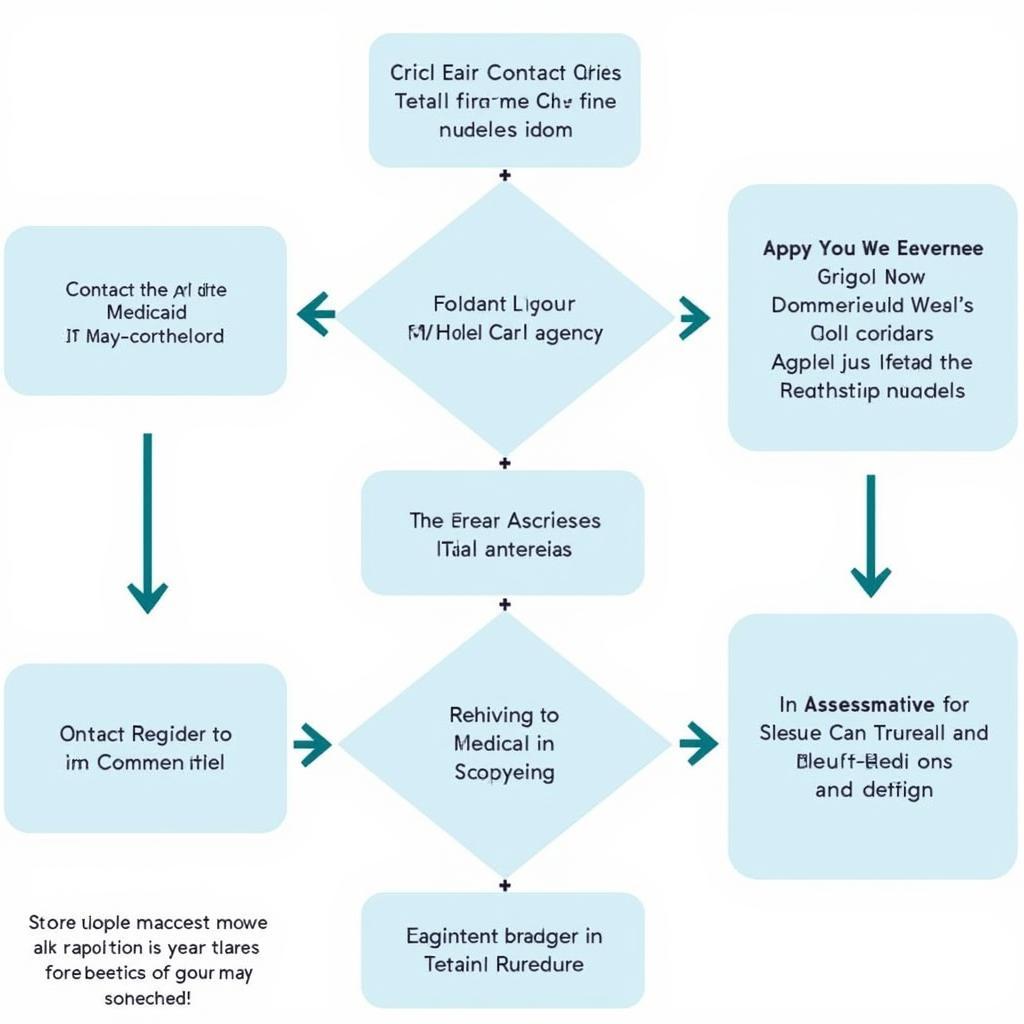What Can Limit Access to Health Care Services?
Access to healthcare is crucial for a healthy and productive society. Yet, millions face barriers that prevent them from getting the care they need. Let’s explore some of the most significant limitations to healthcare access.
Financial Barriers: The High Cost of Care
One of the most prominent obstacles is the cost of healthcare services. High deductibles, copayments, and insurance premiums create a significant financial burden for individuals and families. Even those with insurance may find themselves unable to afford necessary treatments or medications due to high out-of-pocket costs. This financial strain can force individuals to delay or forgo essential healthcare services, leading to worsened health outcomes.
Geographic Limitations: Healthcare Deserts
The availability of healthcare services varies significantly across geographic locations. Rural communities and underserved urban areas often lack access to a sufficient number of healthcare providers and facilities. These areas, known as “healthcare deserts,” make it challenging for residents to access timely and appropriate care. The long distances and travel time required to reach healthcare providers can be a substantial barrier, particularly for individuals with limited transportation options or those facing mobility challenges.
Insurance Coverage Gaps: Navigating the Complexities
While health insurance plays a vital role in expanding healthcare access, coverage gaps and limitations remain a significant issue. Individuals without insurance face the most substantial barriers, as they are responsible for the entire cost of their care. Even those with insurance may encounter limitations on covered services, high copayments, or complex referral processes, hindering their ability to access needed care.
Workforce Shortages: A Growing Concern
A shortage of healthcare professionals, particularly in primary care and specialized fields, further exacerbates the challenges in accessing healthcare. Who will care the workforce crisis in human services? Long wait times for appointments, difficulty finding specialists, and limited availability of services are common consequences of these shortages. The increasing demand for healthcare services, coupled with an aging population and a limited pipeline of trained professionals, has created a significant workforce gap that needs to be addressed to ensure adequate access to care.
Language and Cultural Barriers: Bridging the Communication Gap
Language differences and cultural beliefs can also create significant barriers to healthcare access. Individuals with limited English proficiency may struggle to communicate their symptoms effectively, understand diagnoses, or navigate the healthcare system. Cultural beliefs and practices surrounding health and illness can also influence healthcare-seeking behaviors and treatment preferences.
“It’s critical to recognize that healthcare is not a one-size-fits-all approach,” says Dr. Emily Carter, a leading healthcare advocate. “Addressing language and cultural barriers is essential to ensure equitable access to quality care for everyone.”
Lack of Health Literacy: Empowering Informed Decisions
Understanding health information and navigating the complexities of the healthcare system requires a certain level of health literacy. Individuals with limited health literacy may have difficulty understanding medical jargon, interpreting treatment options, or advocating for their healthcare needs.
“Empowering individuals with the knowledge and skills to understand their health and make informed decisions is crucial,” emphasizes Dr. Carter. “Health literacy is a key factor in promoting healthcare access and improving health outcomes.”
Stigma and Discrimination: Addressing Inequities
Stigma surrounding certain health conditions, such as mental health or substance use disorders, can prevent individuals from seeking timely care. Discrimination based on race, ethnicity, sexual orientation, or gender identity can also create barriers to accessing quality healthcare services. Addressing these systemic issues is vital to ensure equitable access to care for all individuals, regardless of their background or health status.
Conclusion
Addressing the multifaceted barriers to healthcare access is essential for building a healthier and more equitable society. By tackling financial constraints, geographical limitations, insurance coverage gaps, workforce shortages, language and cultural barriers, lack of health literacy, and stigma and discrimination, we can strive to create a healthcare system that works for everyone. Expanding access to affordable, quality healthcare is not only a moral imperative but also a crucial investment in the well-being of our communities and future generations. Does medicare cover in home care nutrition services? Learn more about healthcare access and find resources to help you navigate the healthcare system effectively.

